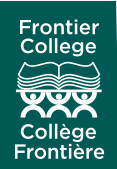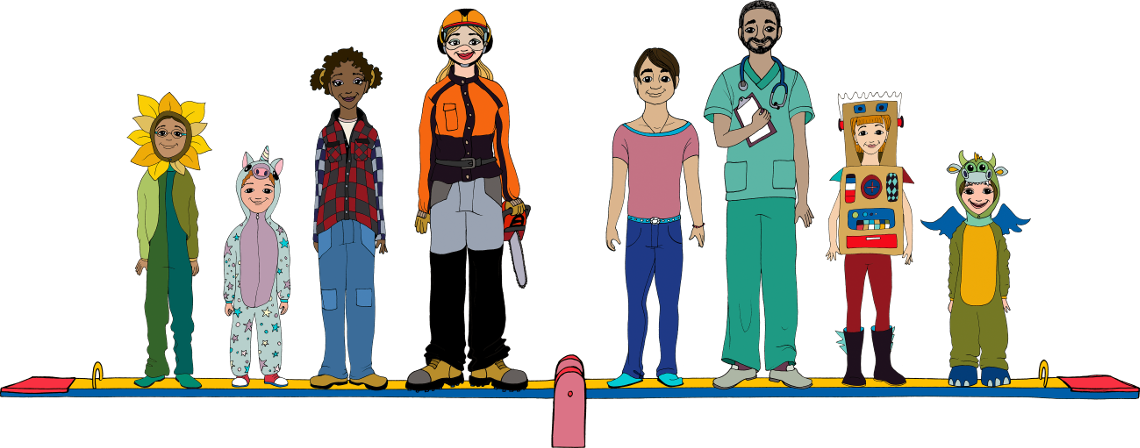Goals

Brief description of the issue
Differences between boys and girls’ school success are more easily visible in reading and writing skills than in other school subjects, boys struggling more in language skills. The gap we start to see at the beginning of the elementary level is still present in high school and is even widening in terms of reading skills (Boyer, 2009). It has also been demonstrated that young students experience learning loss in reading during the summer period, especially among students who come from economically disadvantaged backgrounds (Allington and McGill-Franzen, 2013). Yet, reading is an essential prerequisite for success and retention in school. To close this gap, we have to cultivate an interest in reading from the beginning of the elementary level and to make sure that students have access to books during summer time, and in the meantime, combat gender stereotypes portraying reading as a female-only activity.
Indigenous students do not escape the learning loss in reading during summer time. Indeed, “during summer months, Aboriginal children living in communities often have little access to books (Stone Path Research Group, 2015) and to daily supervised activities; this causes a significant loss of reading skills, sometimes equivalent to three or four months of academic progress (Allington and McGill-Franzen, 2013)” (Valcin, 2016, p. 38).
To address this issue, the Frontier College has put together literacy camps directed at First Nations children. One of them has even been organized in Mi’gma’gi, specifically in Miramichi. The model is, however, adaptable to each community participating in the program (Valcin, 2016). The positive impacts of these camps are not only seen in children’s reading skills, but also within the community because parents and elders are invited to participate in the activities organized on a weekly basis.
To contact the Frontier College and organize a camp in your community, click here.
To simultaneously contribute to breaking down gender stereotypes among youth, here are a few reading suggestions of books with a gender equal an indigenous perspective:
Document
References
Allington, R. L. & McGill-Franzen, A. (2013). Summer Reading: Closing the Rich/Poor Achievement Gap. New York, NY: Teachers College Press.
Boyer, M.-C. (2009). La lecture et l’écriture chez les garçons… de A à Z [Reading and writing among boys … from A to Z]. Ministère de l’Éducation, du Loisir et du Sport, Québec. http://www.education.gouv.qc.ca/fileadmin/site_web/documents/PSG/statistiques_info_decisionnelle/LaLectureEtLEcritureChezLesGarcons_DeAaZ.pdf
Valcin, M. (2016). Literacy camps: summer school support program to counter learning loss in reading. Journal of perseverance and academic achievement for First Peoples, 2, 38–41.
